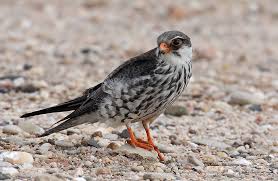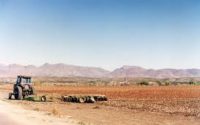Wildlife conservation and Amur Falcons
Wildlife preservation has always been a very important issue to leaders of the world. Wildlife conservation is the practice of protecting endangered plant and animal species and their habitats. Among the goals of wildlife conservation are to ensure that nature will be around for future generations to enjoy and to recognize the importance of wildlife and wilderness lands to humans. There has been a steady decrease in the wildlife in India, so when efforts were made to conserve (save as much as possible of any species of plants or animals), this effort was applauded.
Let us examine the case of Amur falcons, a migratory bird. As birds are warm blooded creatures they cannot survive in cold climates. So every year, at the beginning of the cold season, they would fly south to warmer temperatures. The Amur falcon would take flight from Russia and head towards Africa, but on the way, they would make a rest stop in the North-East Indian state of Nagaland. Here, they would rest and load up on food so that they could make the rest of the journey. However, when they stopped here for this purpose, they became targets for hunters. These birds feed on insects, and since they fly and gather in great numbers, they would line up on the telephone wires and often swoop down for their meal. Being this great in number, they automatically catch the attention of hunters who would shoot them down with guns and catapults and would take them to the market to sell or trade for food. These hunters would even set traps that would catch thousands of these falcons.
Obviously, this pattern of behaviour would catch the attention of the authorities, who were very shocked at this. Several organisations such as Conservation India, Bombay National Historic Society and Bird Life International came together to try and protect the Amur Falcons, because the killing of wild birds is forbidden in India.
Wild life helps to maintain the balance in nature, so that when we destroy plants and animals that not only help to keep the place beautiful, but also have important duties, then we destroy the world too. We are here to protect the earth, and that means protecting animals, birds and plants. Just imagine of the animals could organise themselves and start killing and eating humans…that would be horrific wouldn’t you say? In the same way, we should treat these creatures like they treat us-leave them alone and let them fulfil the duties that nature has given them.
By Kerry Ann Stewart









